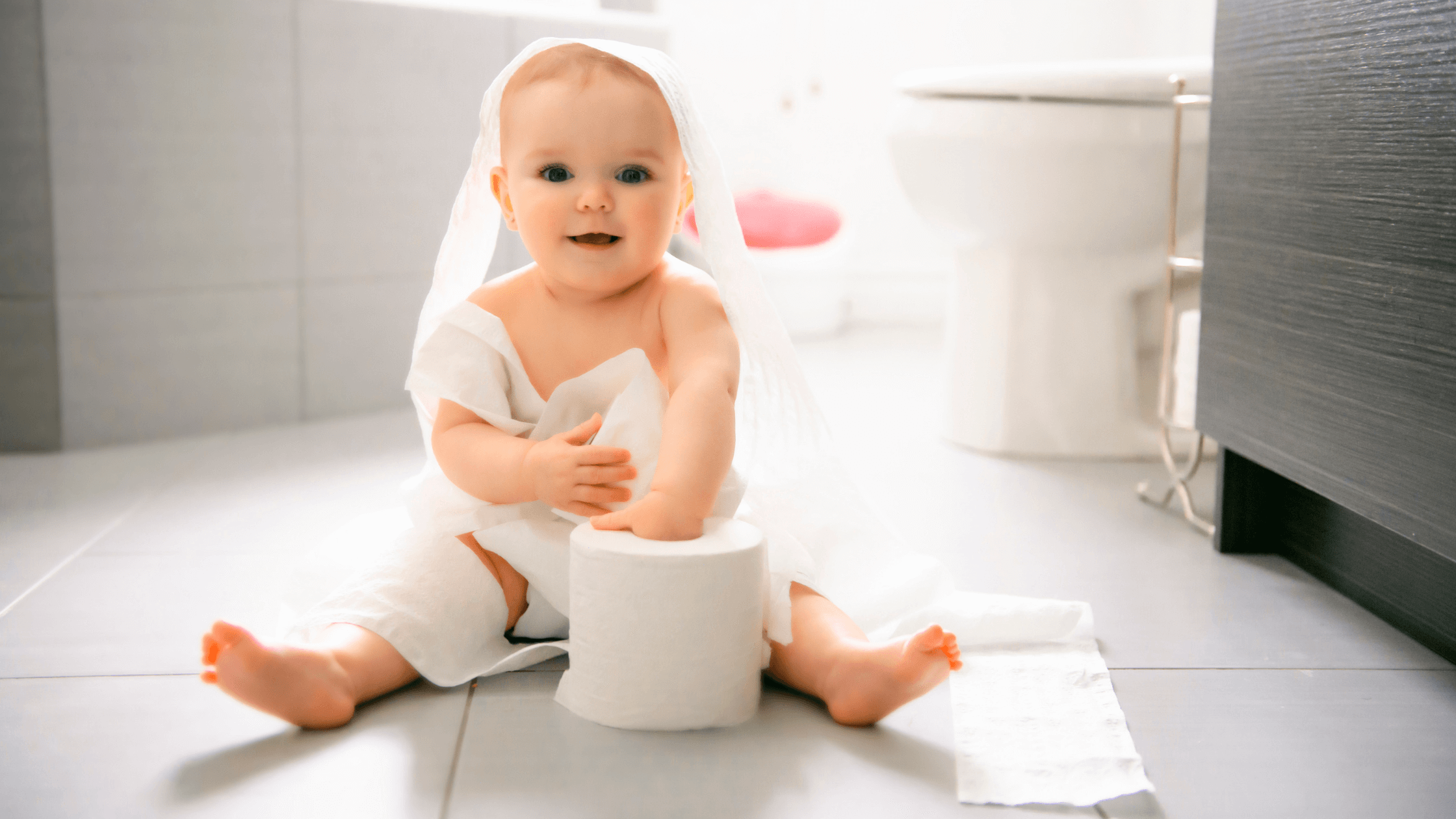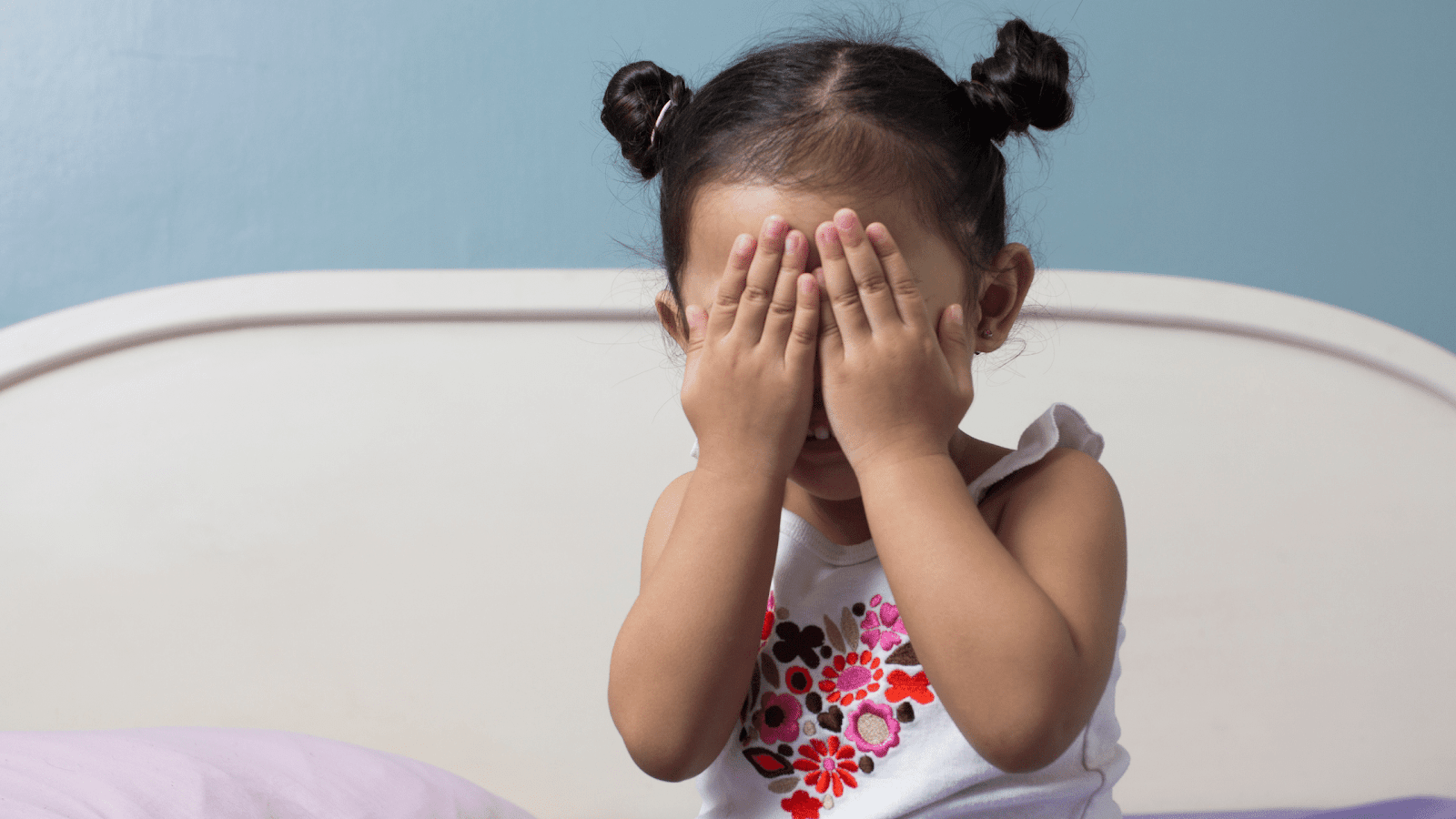As a parent or caregiver, you’ll no doubt want your child to develop the right potty habits sooner rather than later. That’s why the potting training process is so important. Therefore, it can be frustrating when it seems as if nappies are preventing your child from fully embracing the potty training you’re trying to guide them through. Is this really a problem? Is it something you should be concerned about? Find out more below.
Some Children Will Cling to Nappies
It’s certainly true that some children tend to prefer nappies or at least it seems that way. But it’s also important to keep in mind that children often like routine and they prefer to keep things the same. Which means any kind of change can be fought against by your child at the start.
That’s not a reason to give up or to halt or delay the process of potty training though. It’s in your child’s best interest to be consistent with potty training even if it seems like they prefer nappies. Just because they seem to be clinging to the nappies for now, that doesn’t mean a breakthrough isn’t imminent.
It’s Important Not to Force the Issue
As a parent, it can be easy to lose patience and to start pushing the issue a little too forcefully. However, if you’re going to succeed in gradually weaning your child off nappies and to begin finding success with potty training, you need to tread carefully and not force the issue too much.
If you start pushing the issue of potty training onto them too forcefully, they might just end up resisting more. Nappies might play a part in that because it’s an option that parents and children alike will fall back on, so it’s important to try persevere, but in a caring and encouraging way. You can try to reassure your child that potties are fun to use and let them know that if they have a couple of accidents, it’s nothing to worry about. You could use role play with dolls to demonstrate to them in an entertaining and child-friendly way how to use the potty, or read an age-appropriate book that will help better their understanding on what to do and what to expect when potty training.
Encouragement Strategies Are Vital
If you’re going to find success with your potty training plans, it’s important to find the right encouragement strategies that work for them. You should do what you can to encourage them without resorting to bribes and too many incentives because that strategy doesn’t tend to work well either.
Give them reasons to want to leave nappies behind. For example, some parents introduce new underwear emblazoned with their favourite characters. The little one will then realise that if they want to wear the underwear, they will have to leave nappies behind and master potty training instead.
Look for Alternatives and Encourage them Gently but Consistently
The encouragement you offer needs to be gentle but consistent. You don’t want to unnecessarily stress them out or put them under pressure because that definitely won’t want to lead them to potty training mastery. It will help if you’re consistent and persistent with your efforts though.
There are certainly circumstances in which nappies can stunt the ability of a child to properly potty train perhaps as they get older. You don’t want nappies to be the fall back position if this stops them from wanting to master potty training. So it’s certainly something you should keep an eye on and think about carefully as a parent or caregiver.
Start potty training with a Pottiagogo travel potty.
Related blogs:


